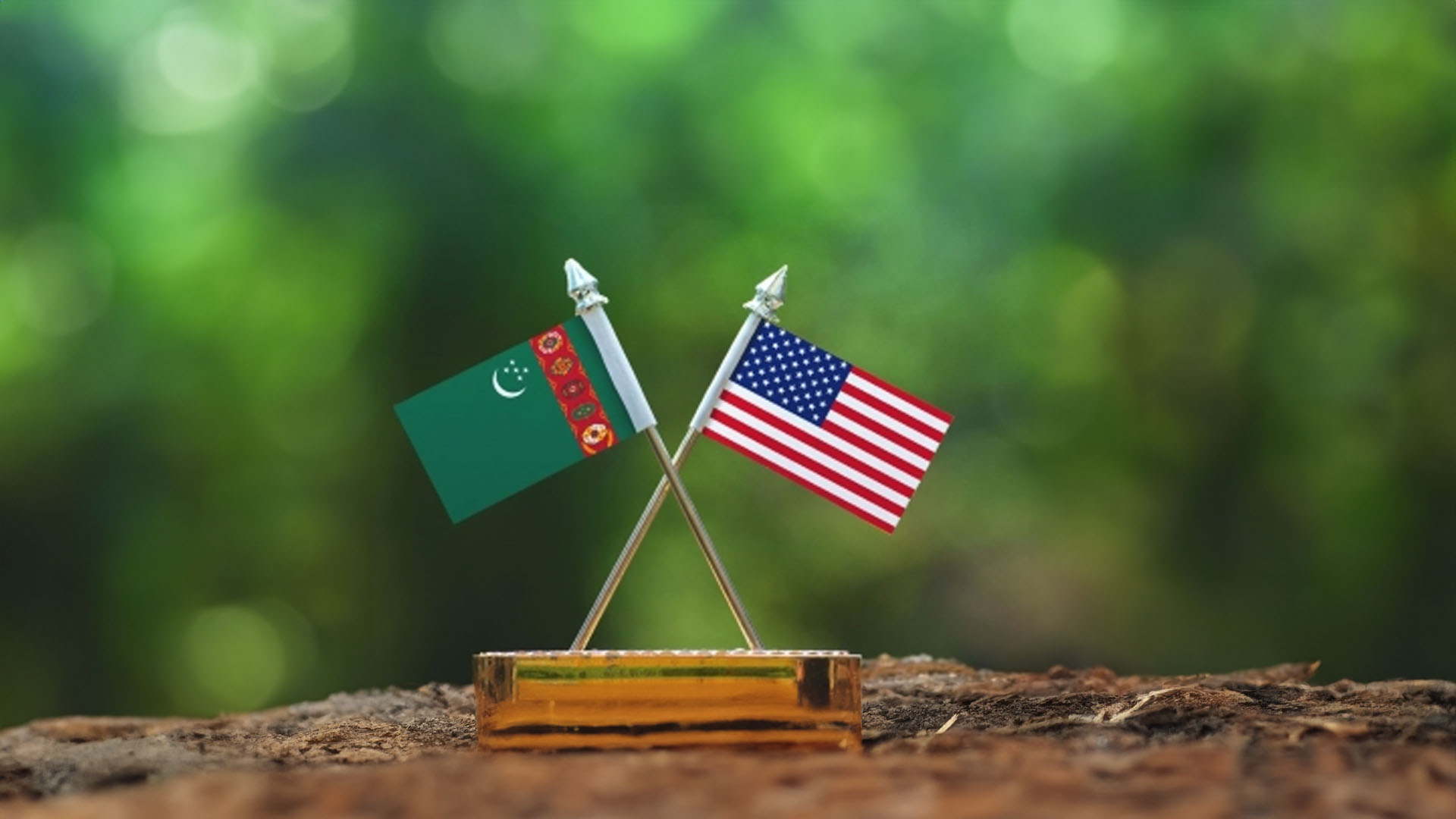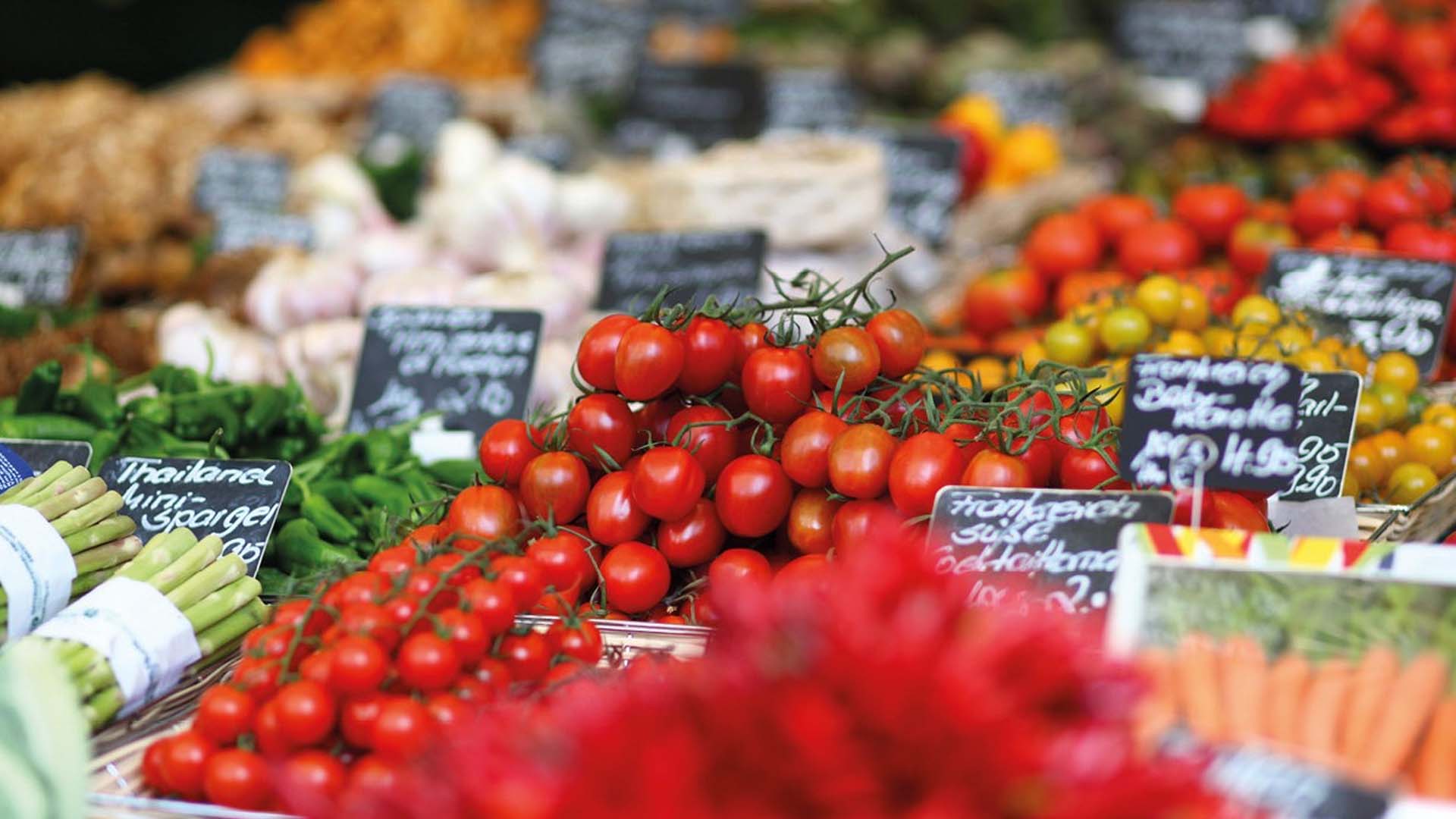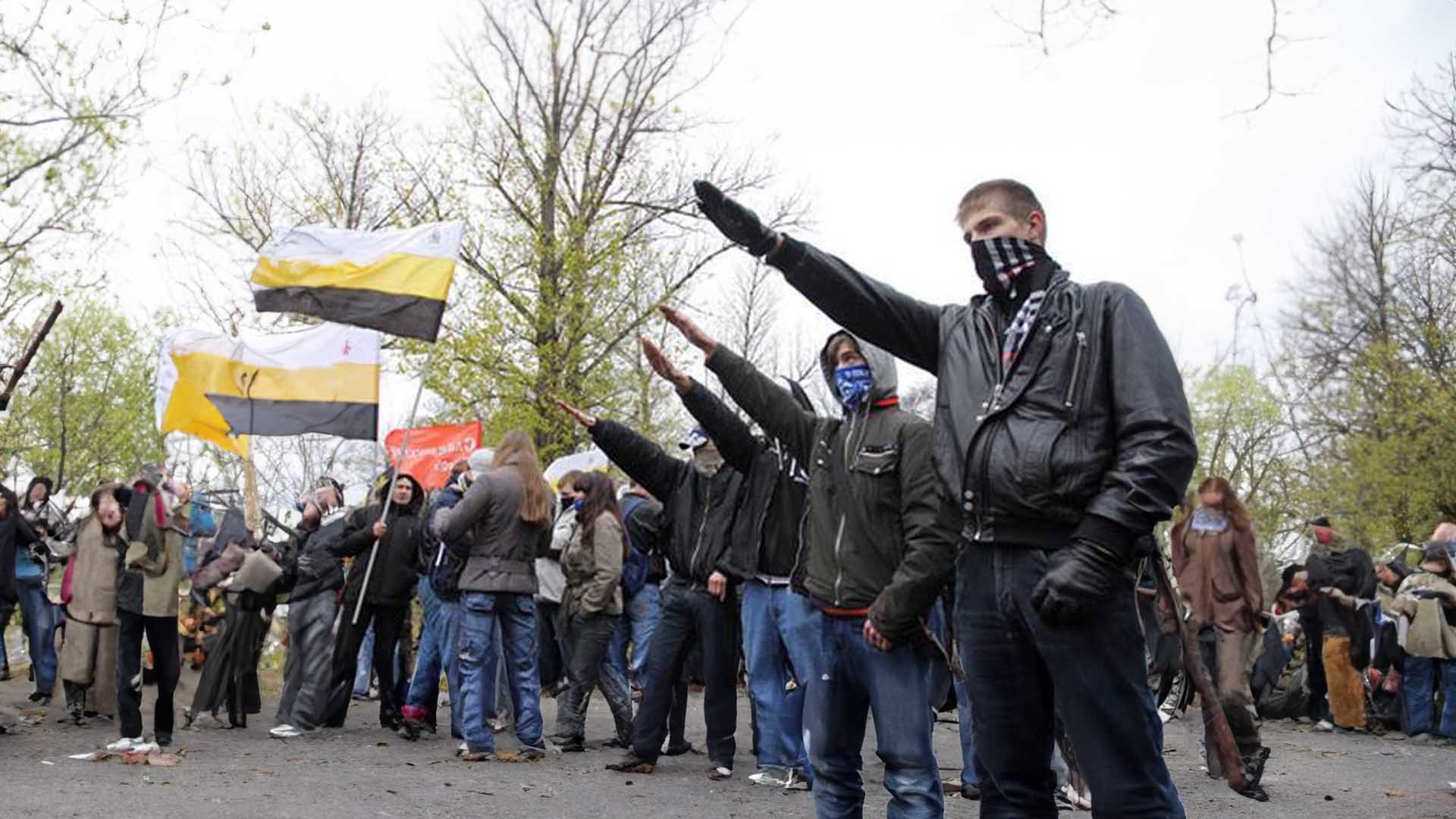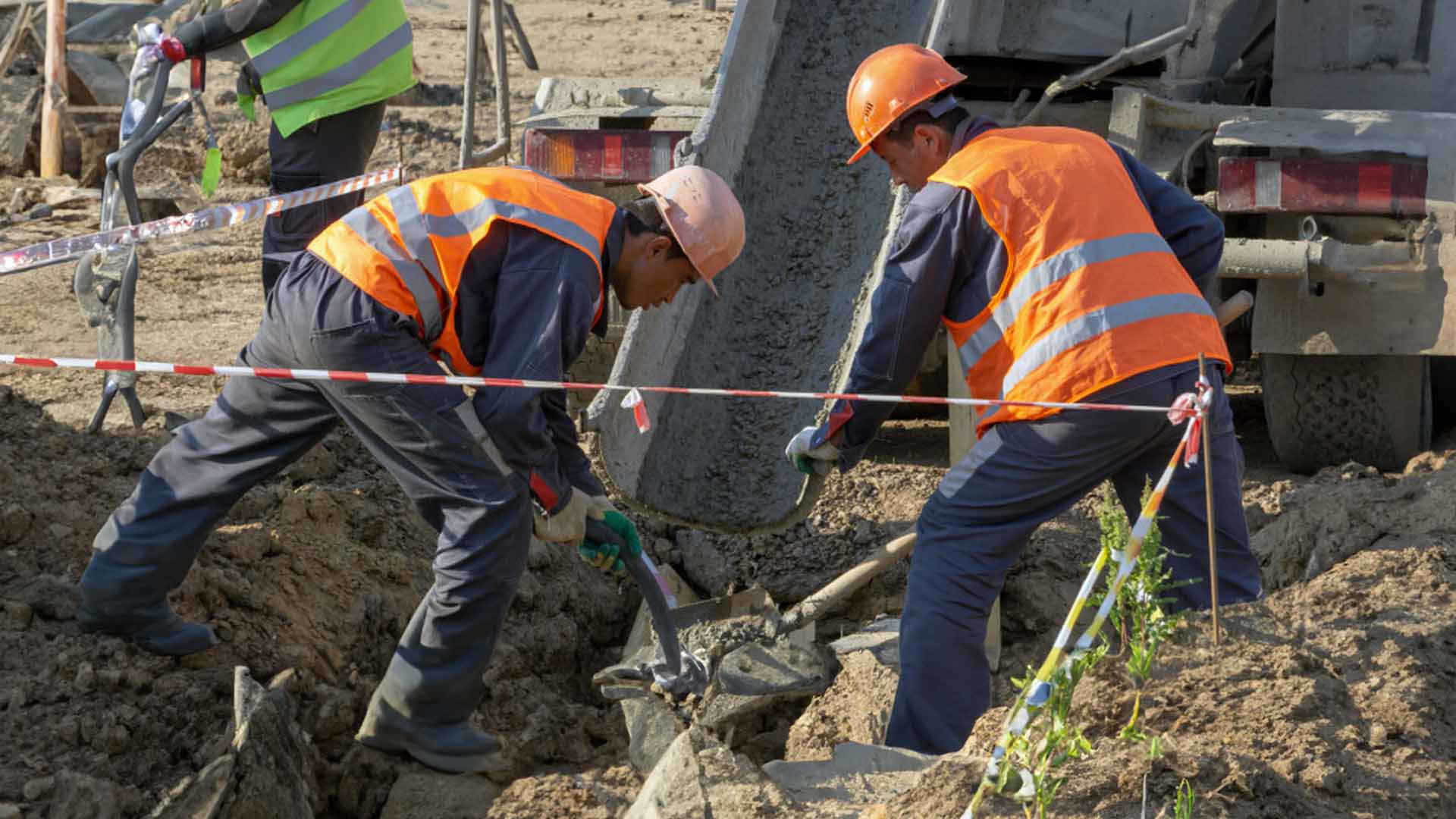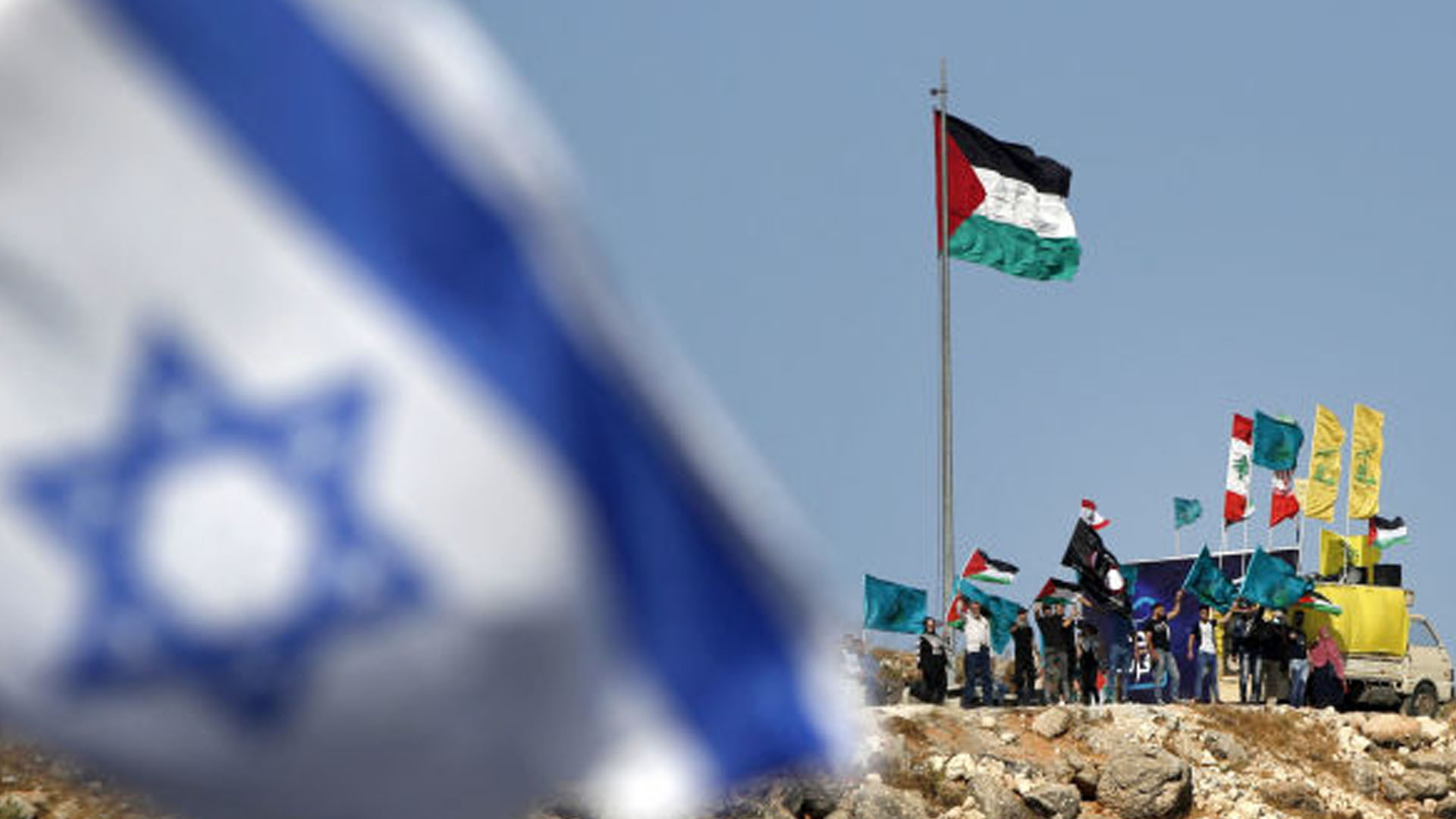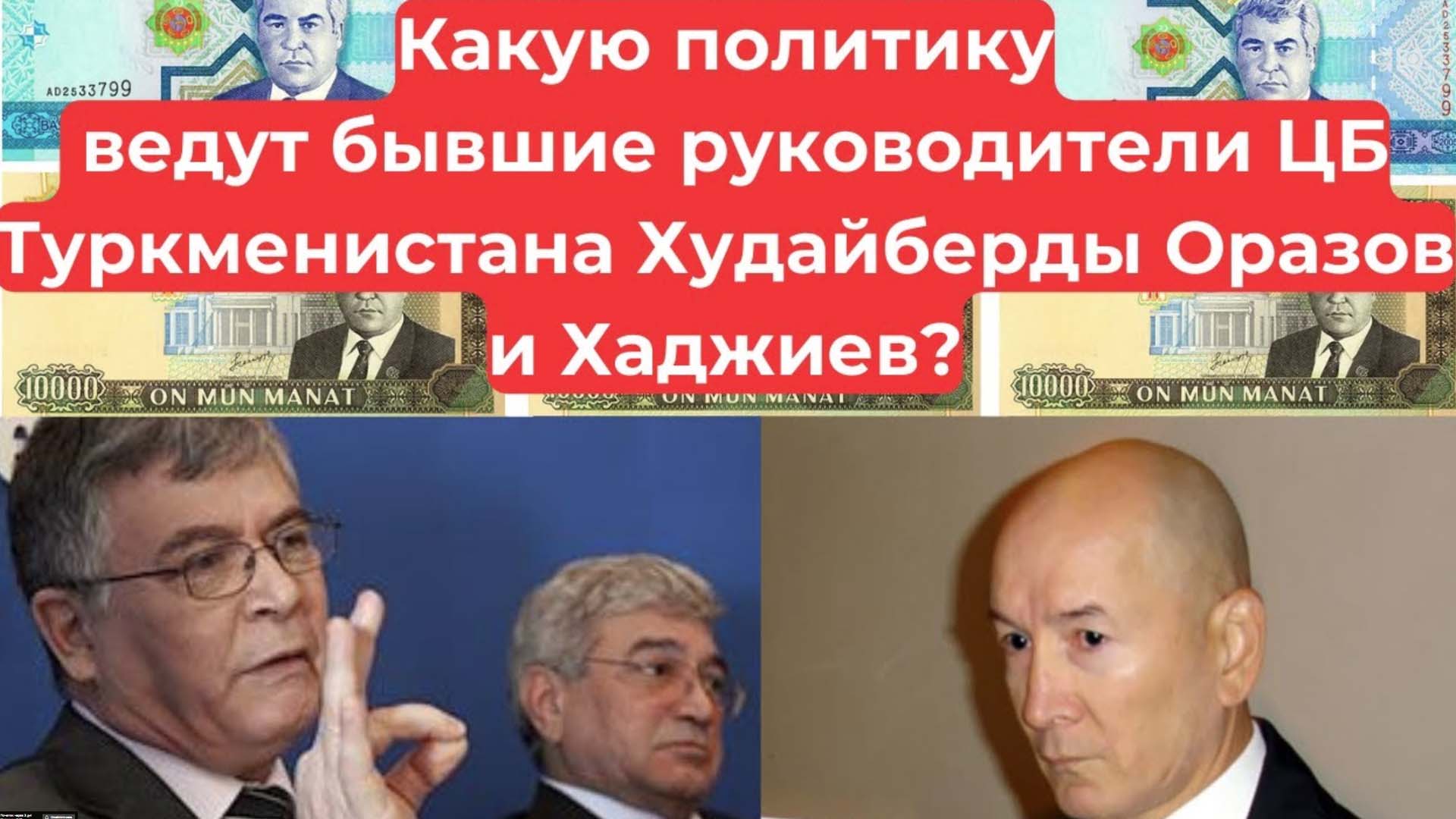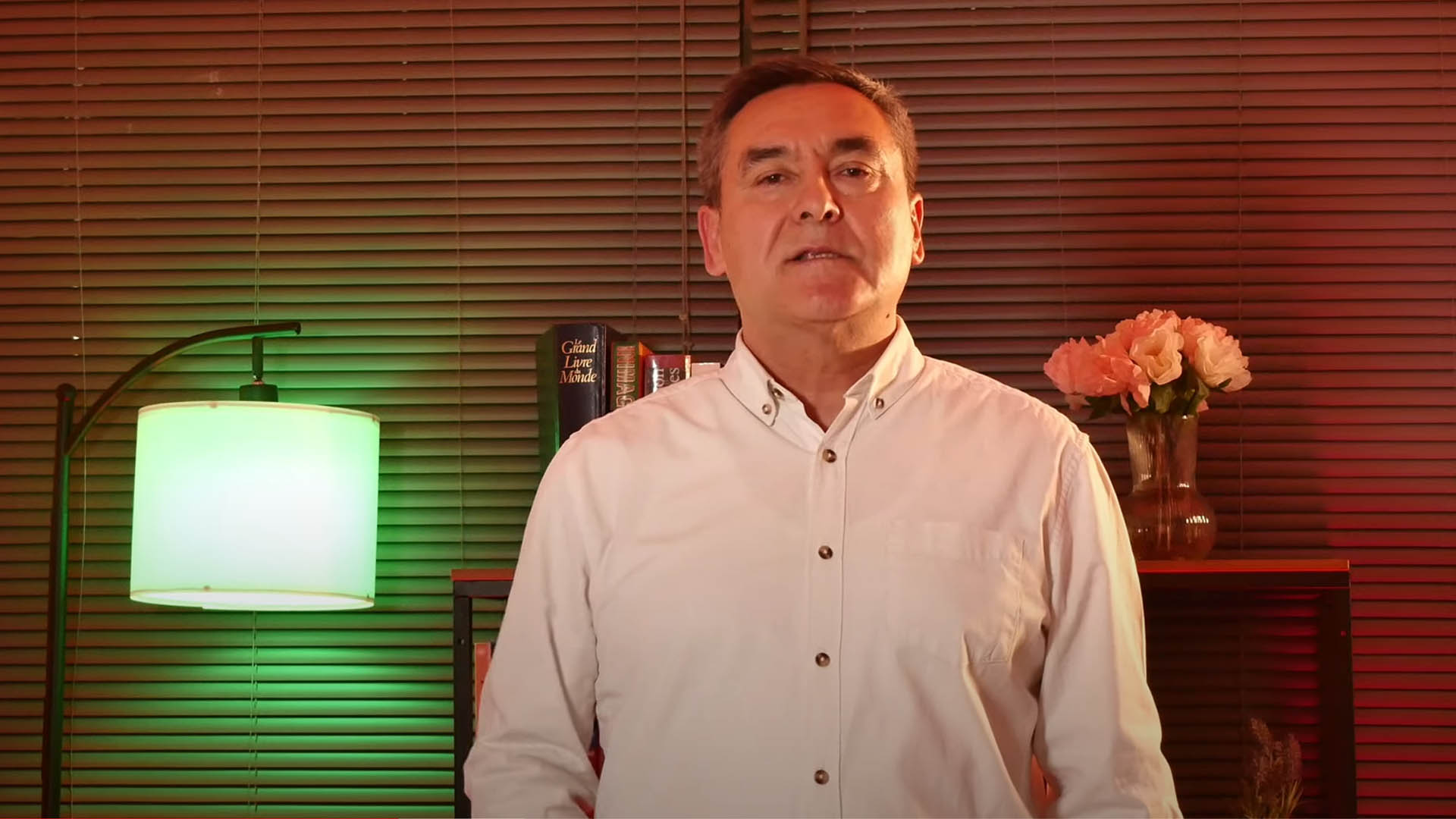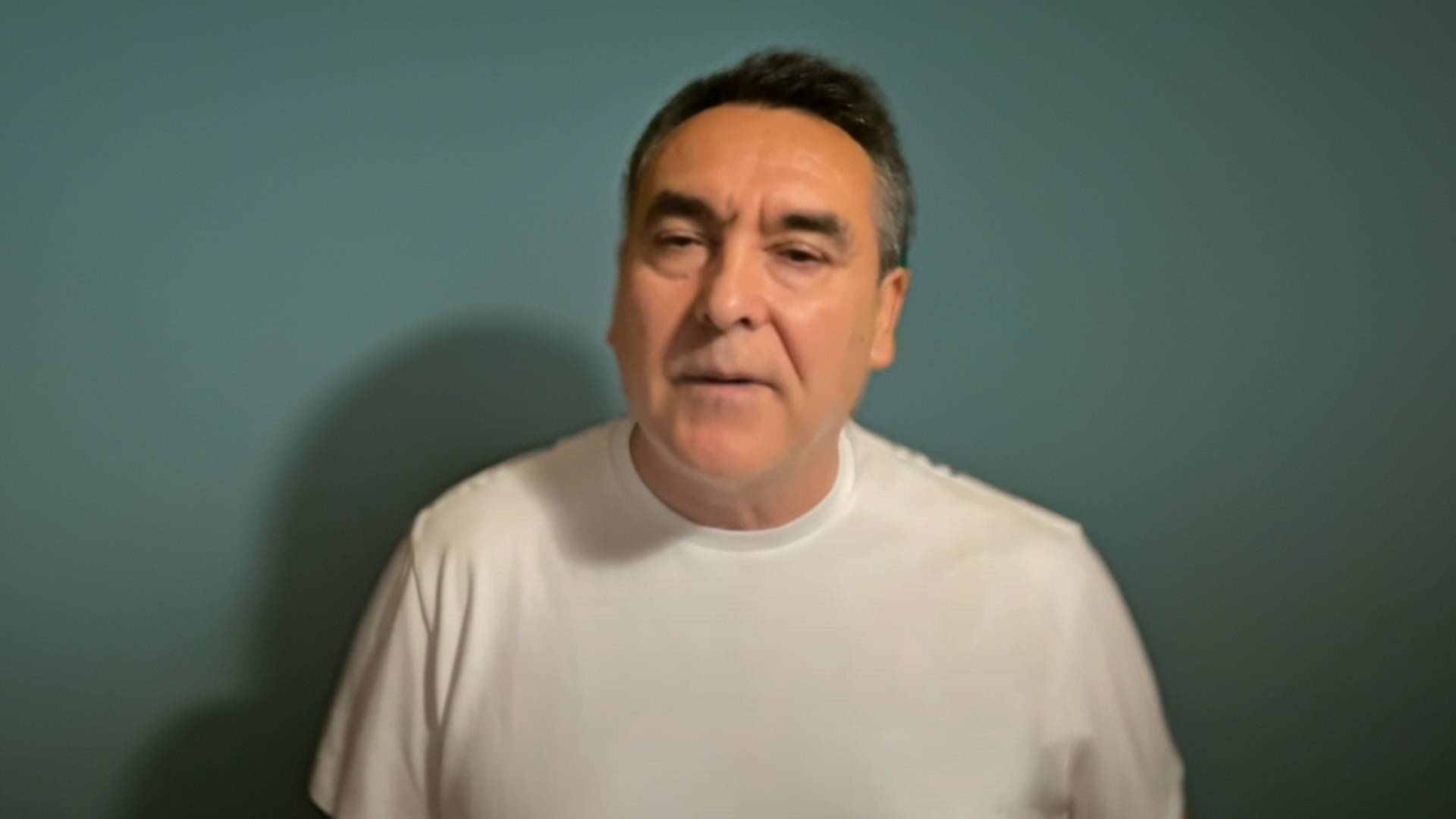This year, Turkmenistan purchased chicken meat from the Stavropol region for the first time. The transaction amount was 60 thousand dollars, Turkmenportal reports with reference to the Russian publication Pobeda 26.
There are currently about 10 enterprises specializing in the production of chicken meat in the Stavropol region. In the first half of the year they produced more than 181 thousand tons of products.
The main buyers of Stavropol chicken remain China and Saudi Arabia – they account for up to 82% of exports. Deliveries are also being made to the Middle East, Africa, the Maldives and other countries.
Over the seven months of this year, the Stavropol region exported about 66 thousand tons of chicken meat worth more than $135 million. Now Turkmenistan has been added to the list of buyers of products from the Russian agricultural sector.
Ashgabat has for many years relied on agriculture as one of the central sources of income, employment and economic sectors, in addition to traditional resource industries. The geographical conditions of the country do not favor Turkmenistan for the extensive development of agriculture – most of the territory is occupied by an uninhabitable desert, however, the example of Israel, Saudi Arabia, the UAE and other climatically similar countries prove that the food problem can be solved with the help of modern technologies and not so large investments.
Thus, the monarchies of the Persian Gulf have adopted the practice of spraying chemical reagents over irrigated lands, which causes rain. Now, in the mountainous, rocky valleys with temperatures of +50 degrees, crops are being harvested again, although not even grass has grown there since the Ice Age.
Israel has created a progressive and at the same time simple system of irrigation of desert lands. Water from the Jordan River fills the earth with moisture, turning incredibly hot Palestine into blooming gardens.
However, the key aspect that can assess the effectiveness of such changes is economic. In developed countries, such as France, the share of the agricultural sector accounts for no more than 3 percent of GDP. In developing countries like Brazil – 8 percent, in general for this category of countries the acceptable figure should not exceed 10 percent, depending on the geography and existing resources that form the basis of the economy.
A high percentage of agriculture in the economy is a sign of backward third world countries that, for various reasons, are in deep crisis of the decade. Thus, Sudan, which has some of the largest arable land and black soil in the world, receives 28 percent of its GDP from the agricultural sector. It is important that the country has been in a state of permanent war for almost 70 years since independence.
What is the situation in Turkmenistan, and to which group of countries can the once prosperous republic with huge potential for domestic investment capital from oil and gas revenues be classified? Over the decades of Berdymukhammedov’s regime, the situation has not changed at all, but only worsened. More than 12 percent of Turkmenistan’s GDP comes from the agricultural industry; the sector employs up to 50 percent of the country’s entire workforce (that is, the working population).
This can truly be called a disaster – while citizens of geographically similar Emirates from birth receive thousands of dollars in start-up capital, free housing in their homeland and education in the best European universities, Turkmen citizens go to the same Emirates to engage in agriculture for pennies – or languish in poverty in their own country, growing crops using primitive methods. Although they could be in the place of the sheikhs who became rich.
Minimal investments by the Turkmen authorities in the agricultural sector could improve both labor productivity and income – both of the population and the state budget. But, obviously, Ashgabat would be sorry for even an extra tenge for such purposes. The Berdymukhammedov family’s 17 years in power was more than enough to reform one of the main sectors of the country’s economy, and if this did not happen, then the situation will not change as long as the regime remains in power.


